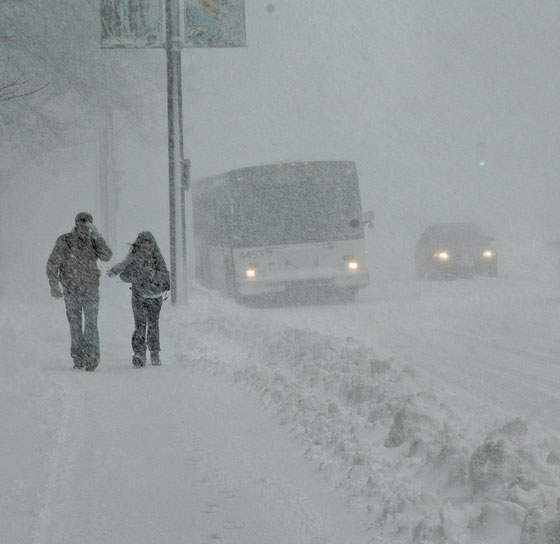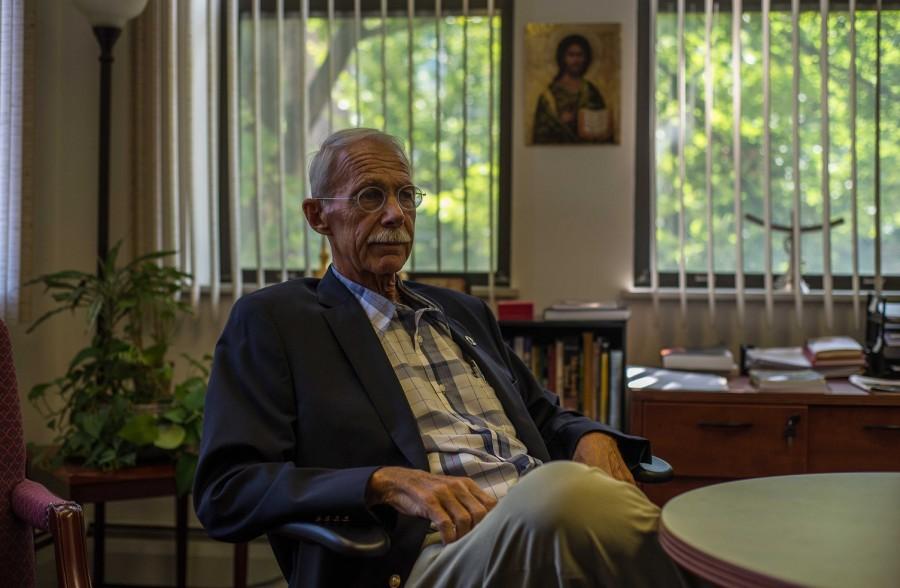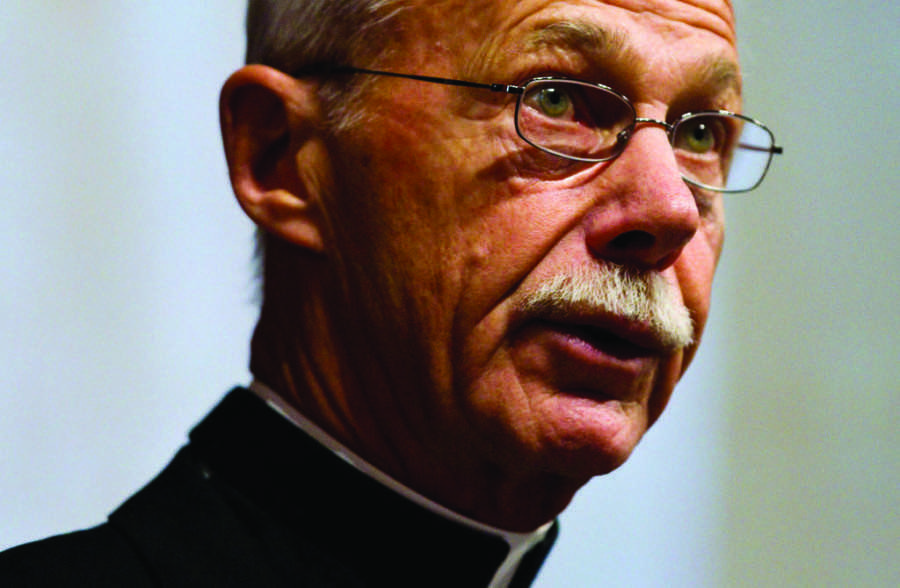Tanilo Serafin Rios Flores laid on the sidewalk outside of a storefront on S. 1st Street wearing a Milwaukee Brewers baseball cap and a blue and white coat, next to two garbage bags full of aluminum cans and a backpack.
“Anyone walking by on the sidewalk would have seen him,” according to medical examiner reports.
Flores died of hypothermia due to environmental exposure on New Year’s Day. He and this winter’s second homeless victim of exposure, Carolyn Sura, are proof that though the weather may be starting to warm up, not all of winter’s brutal effects disappear with the snow. Flores and Sura lost their lives to the elements this winter while living on the streets of Milwaukee.
“Yeah, it does happen,” said Angela Wright, director of The Gathering breakfast program and the St. Vincent de Paul South meal program. “ Every year people do die. They’re living on the street, and some of them don’t make it through the winter.”
The number of deaths to exposure is lower this year than in the bitter 2013-’14 winter, which saw a total of five deaths according to the medical examiner’s office.
Still, the problem continues to affect the homeless population in Milwaukee. According to point-in-time counts that occur in the city each January and June, 1,450 people experienced homelessness in Milwaukee. This number remained relatively steady since 2009.
“The lack of housing and shelter, especially on the south side, is a critical problem,” said Peter Pfau, a volunteer with the Hands of Christ at St. Vincent de Paul who knew Flores. “We tend to turn away from it, and unless you get involved, you don’t realize how bad it is.”
Pfau provides bus tickets and shelter information to at-risk people especially on cold nights, as part of a Hands of Christ program.
“(Homelessness in Milwaukee) is more complex than you think it is,” Pfau said.
On top of a shortage of beds, Pfau cited factors including mental illness, substance abuse, and documentation as reasons why someone might end up outside on the coldest nights instead of in a shelter. He said Flores both struggled with addiction and lacked official identification.
“The immigration policy affects the Hispanic population in Milwaukee because many undocumented people are homeless,” Pfau said.
Midnight Run, a student service organization at Marquette that works primarily with homeless populations in Milwaukee, is dedicating its annual month of advocacy, “March Against Poverty,” to the issue of mental illness because of its effects on homelessness.
Tim Flanigan, a community member who has spoken to the Marquette Board of Trustees and other organizations on his experiences with homelessness in Milwaukee, said mental illness and substance abuse are some of the most prominent struggles individuals experiencing homelessness face.
“The important thing is to bring a level of awareness to the public,” Flanigan said. “There are nearly 2,000 homeless people in Milwaukee, and by becoming aware of them, we can then start to reintegrate them into a normal life in society.”
After the winter of 2012-’13, when six people on the streets died from exposure, there have been heightened community efforts. Pfau said various social service agencies, housing programs, and members of the Milwaukee Police Department’s Homeless Outreach Team met last year to create a “common awareness and common concern.”
To honor those like Flores and Sura, St. Benedict the Moor Community Meal holds a memorial service each spring. David Schwab, Executive Director at St. Ben’s meal program, said the desire to continue building up community in Milwaukee, even if it is too late for some.
“Many of the homeless who die from exposure isolate themselves and aren’t connected to others, and I really believe community is so important, especially in times of hardship,” Schwab said.
“I think the modern reality of death to exposure is a tragedy. Any empty space that isn’t being used in our city should belong to the cold man on the street,” said Sheila Connelly, a site coordinator for Midnight Run and sophomore in the College of Health Sciences. “We still have plenty of work to do in Milwaukee.”








